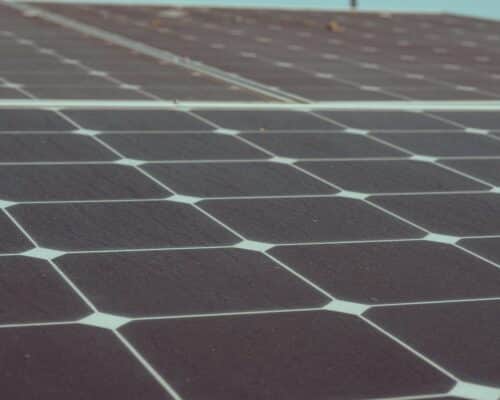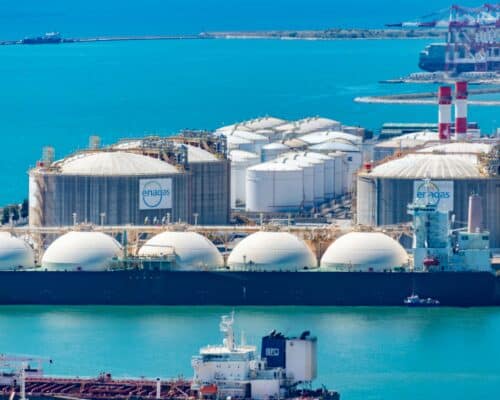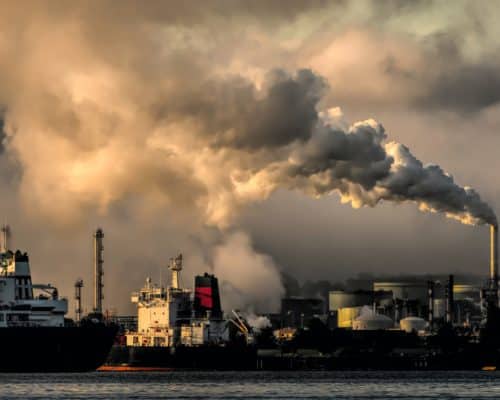Oil Spill in the Philippines Implicates San Miguel Corporation
03 April 2023 – by Tim Daiss
Recent Oil Spill Incident in the Philippines in 2023
An oil spill in the Philippines is causing alarm as big business fails to accept responsibility for the disaster.
On February 28, oil tanker MT Princess Empress, carrying some 900,000 L of industrial fuel, capsized off the coast of Naujan, Oriental Mindoro – an island province about 140 km southwest of Manila, the nation’s capital. The ship is reportedly a “rebuilt scrap” and is not meant to be a tanker.
Much of the leakage from the Philippines oil spill has now reached the shores of numerous fishing villages, coating beaches in black sludge. Residents have reported experiencing cramps, vomiting and dizziness.
The incident has also impacted the area’s fishing industry and people’s livelihoods. To date, more than 170,000 people have been negatively affected by spilled oil. However, the worst isn’t over.
Threatening the ‘Amazon of the Oceans‘ and Other Areas
The oil spill has reached the Verde Island Passage, known to marine scientists as the “centre of marine biodiversity” and the “Amazon of the Oceans”. Its waters have the highest known concentration of marine life on Earth.
Twelve of the 14 municipalities in Oriental Mindoro province have been affected by the oil spill, the Philippine Department of Environment and Natural Resources (DENR) said on Saturday. Towns in neighbouring provinces have also felt the effects.
The disaster has now set in motion a struggle between impacted residents and environmental groups against well-financed Philippine corporate interests that aren’t accepting responsibility for the climate disaster.
Philippine Oil Spills History
There have been seven other oil spills in the Philippines since 1999. Before the Mindoro spill, the most recent was in Iloilo in the Philippines’ Visayas region in 2020. The largest and worst oil spill came in 2006 when a storm caused a tanker carrying 2.4 million L of oil to capsize near the Guimaras coast.
San Miguel Implicated
Adding to the quandary, reports broke that the sunken tanker MT Princes Empress, owned by RDC Reield Marines Services, was chartered by SL Harbor Bulk Terminal, a subsidiary of Manila-based conglomerate San Miguel Corporation (SMC).
The environmental case against SMC has gained momentum for years. Although known for its beer, the corporation has built an empire by diversifying itself through countless industries. It also acquired a majority stake in Petron, the Philippines’ largest oil refiner and gas station entity, in 2010. Petron supplies around 40% of the country’s fuel requirements.
“San Mig”, as the local residents refer to the behemoth company, is also one of the main drivers in the Philippines’ liquefied natural gas (LNG) infrastructure development push.
SMC Global Power Holdings Corp., SMC’s power arm, already operates a gas-fired power plant: the 1.2 GW plant in Ilijan. Meanwhile, another SMC facility is under construction – a 1.75 GW power plant scheduled to be commissioned at the end of the year.
Bringing the country’s climate alarm full circle, the new 1.75 GW plant is being built in Verde Island Passage, where the oil spill has now spread. Yet, even with the cost-prohibitive LNG prices that shot up to record highs less than a year ago, SMC is still sticking to its guns. It has proposed seven additional gas-fired power plants for a combined capacity of 14.1 GW.
This makes SMC the largest gas player in the region.
International Backing
With the Philippines’ strong appetite for LNG, international financial backers such as Deutsche Bank, Allianz, Mizuho and others see LNG investments via SMC and other fossil fuel companies as viable.
Due to SMC’s involvement in various incidents, including the Oriental Mindoro oil spill, engaging with the conglomerate will cause harm to financial backers through their reputation and public image.
Moreover, backing LNG expansion is not a move aligned with many companies’ net-zero and sustainability commitments.
With eight LNG power plants and several LNG import terminals planned in Batangas, just south of Manila, communities fear the recent oil spill incident will not be the last.
Calls For Accountability
This is creating calls for SMC to accept responsibility, first for the oil spill and second to answer climate change worries over its massive LNG development. However, the conglomerate remains silent. For its part, RDC Reield Marine Services has apologised for the incident but hasn’t offered any financial assistance.
The mayor of Pola, Oriental Mindoro, said the town plans to sue the tanker’s owner after a senate hearing revealed that it had no permit to operate. Yet, without pressure from the national government in Manila, SMC will likely not take responsibility for the oil spill.
Prioritising the Energy Transition in the Philippines
The disaster of the oil spill in the Philippines gives communities even more initiative to pressure the government to move away from fossil fuels and prioritise a just energy transition.
According to an Institute for Energy Economics and Financial Analysis (IEEFA) report, Southeast Asia’s gas demand growth faces challenges related to high prices, limited LNG contract availability and infrastructure constraints.
Long-term contracts with deliveries before 2026 are reportedly sold out globally, meaning price-sensitive Southeast Asian buyers risk high exposure to volatile and expensive spot markets.
Moreover, renewables have reached cost parity and, in many cases, are now cheaper than their fossil fuel counterparts, according to a World Economic Forum report.
by Tim Daiss
Tim has been working in energy markets in the Asia-Pacific region for more than ten years. He was trained as an LNG and oil markets analyst and writer then switched to working in sustainable energy, including solar and wind power project financing and due diligence. He’s performed regulatory, geopolitical and market due diligence for energy projects in Vietnam, Thailand and Indonesia. He’s also worked as a consultant/advisor for US, UK and Singapore-based energy consultancies including Wood Mackenzie, Enerdata, S&P Global, KBR, Critical Resource, and others. He is the Chief Marketing Officer (CMO) for US-based lithium-sulfur EV battery start-up Bemp Research Corp.
Read more




